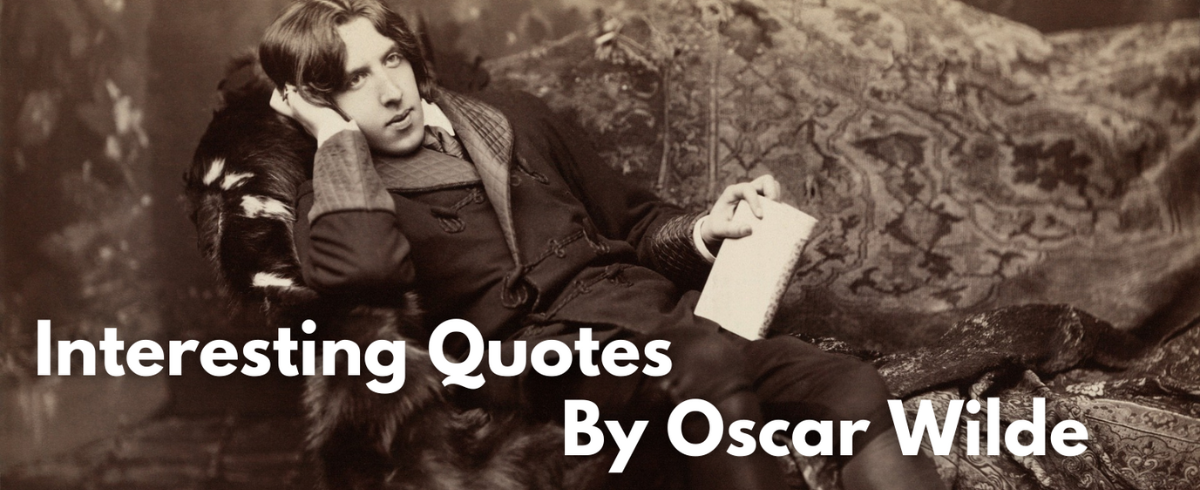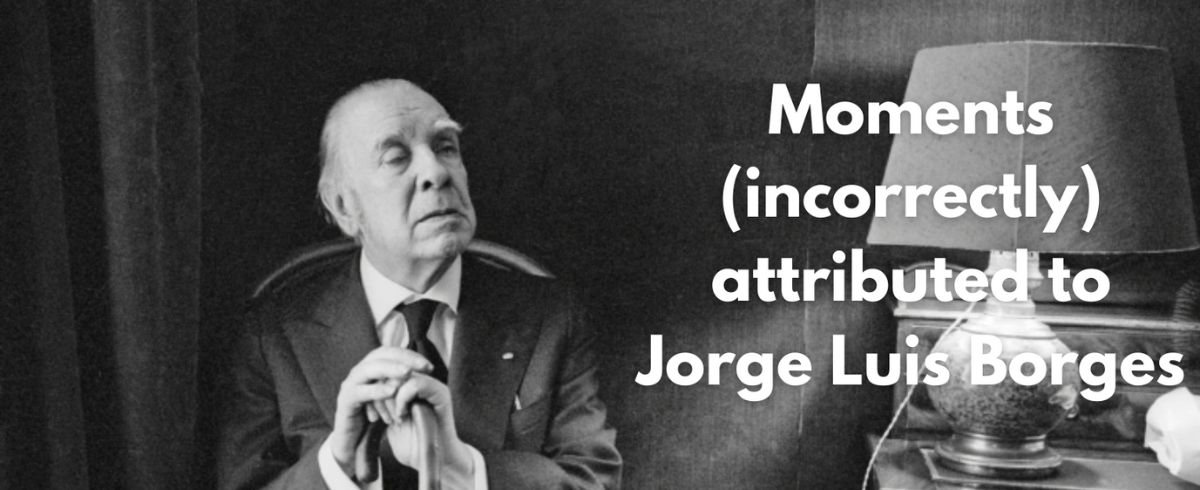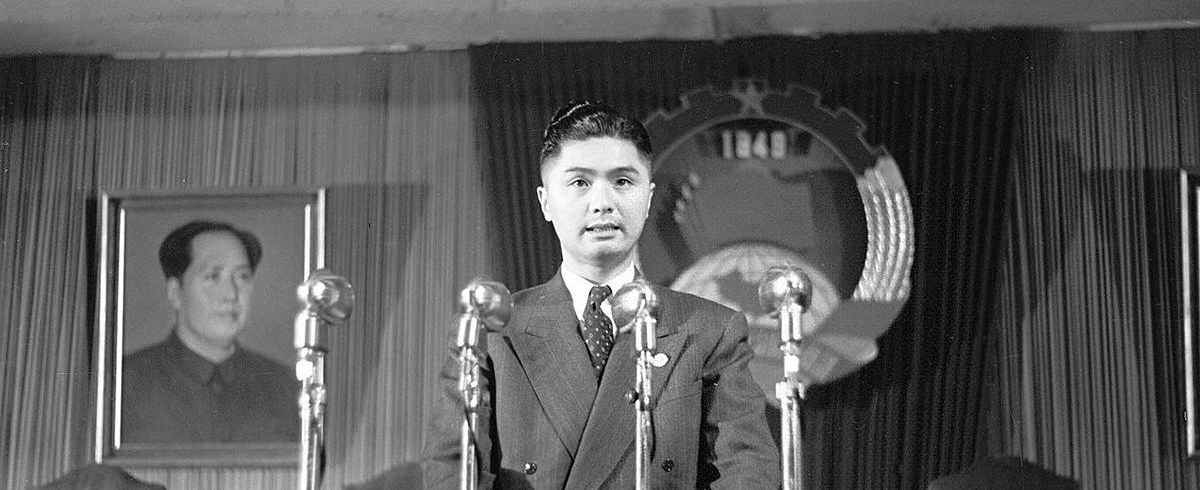Every once in a while we are faced with making a decision that will change our life. We reach crossroads where the path we choose to go down irremediably closes down the other paths.
To help me make those decisions – whether in my business life or my personal life – I write myself long, detailed e-mails analyzing where I am, where I want to be, my options and the pros and cons of them.
The very act of writing down the options helps me think through them. I rarely reach the right conclusion while writing the e-mail to myself, but usually find it a few weeks later – sometimes after using the e-mail as a discussion tool with my close friends and trusted advisors.
Find below an e-mail I wrote to myself on January 30, 2001. I had sold Aucland a few months earlier and was struggling to decide what I should do next. It’s all the more interesting to read it, in light of what I ended up doing next
From:Fabrice Grinda
Sent: Tuesday, January 30, 2001 5:26 AM
To: Fabrice GRINDA
Subject: The Road Ahead
I have had a fair amount of free time recently and took the time to reflect on where I stood in my “business” life and what I should do in the coming years. Unfortunately, I have not been able to reach a conclusive and I would like to solicit your help to think it through. To bring structure to my thoughts I jotted down an analysis of my current situation and what I could do.
Current Position
I am no closer today than I was three years ago from being in a position to influence things for the better in the world. Worse, I have not reached a level of wealth sufficient that I need not worry about how I am going to earn a living for the next few years. As a result, I will have to pursue “for profit” activities in the short term.
After quitting Aucland I was convinced I wanted to be an entrepreneur again. After two weeks of rest, I became so restless I started analyzing the US Internet market looking for arbitrage opportunities. Likewise I started looking for “problems” in the world that an entrepreneur could solve by dis-intermediating or re-intermediating a given number of supply chains or processes. This led to a number of ideas. Unfortunately none of them was “right.” In some cases the competitive environment was going to be too intense, in others the business model was unclear… Something was always wrong.
Interestingly enough I had gone through a similar process in my last 6 months at McKinsey. I never did find a brilliant idea through analysis. The creation of Aucland came through luck. One day a friend of mine walked in my office and told me “I just had to see this site.” That site was eBay. I immediately fell in love with the project. It was perfect. It had a large market, an attractive business model, needed the amounts of funds I knew I could raise, it was easy to execute, and the timing was right. Better yet, I fell in love with the business once I started working in it.
Unfortunately, the past 6 months I have not yielded such an idea and the environment has worsened for entrepreneurs. Funds are harder to raise. Many new projects notably in broadband and wireless require such massive investments that they are better done by existing companies with brands, expertise and cash. I have no way to reach the few businesses that are created by innovative engineers and programmers. They come to me to manage them after a first round of fundraising at which stage I would only be an employee with a low percentage of the company. I sent the message through the press that I was looking for new ventures. Unfortunately I received thousands of worthless ideas and projects.
After 2 months of unsuccessfully looking for ideas I was offered various positions in investment banks, consulting firms, private equity firms, and Internet divisions of large firms. I declined all those offers and instead became a consultant for a number of Internet companies. The reasoning behind that choice was that it would allow me to stay in touch with the “milieu” and would increase the probability of finding a new idea.
Given that I am still paid by Aucland for the coming 9 months I chose to be paid only in equity. For the past four months I worked “full time” (50 hours a week, not the usual 80 and above) for MilleMercis (a wishlist site), MinutePay (a French Paypal-like site) and Trokers (a C2C barter site that is also launching a Half.com site). For these companies I mostly:
- Write the business plan (MilleMercis and Trokers)
- Raise funds (MilleMercis and Trokers)
- Handle business development (MinutePay mostly and a little MilleMercis)
- Define their strategy (All three)
- Work on site design and functionality (MilleMercis)
I have had a huge positive impact on all three companies because all three are at a very early stage of their development. They have 3 to 8 employees who are all paid the minimum wage and they have very little or no revenues and little traffic. The problem is that I am bored out of my mind. There is not enough meaningful work for me to do there once I write the business plan and do the key business development work. Also the work is relatively boring. When you have written a business plan once, you can write 50. They all follow the same structure. Likewise, the other aspects of the work are very repetitive. Or, maybe it’s just that I do not feel the same passion for someone else’s project or for those specific projects.
However, I was able to meet one of my objectives – to stay in touch with the “milieu.” I have had enough free time that I really deepened and broadened my network of contacts on the Internet. I went to all the important Internet conferences, meetings and parties. I also took the time to go on vacation in India and go skiing every week-end. Unfortunately, none of these activities has yielded a brilliant idea and the 50 hours of work per week on the “boring” consulting job is preventing me from taking the time to think of new business ventures.
Also, I am not sure the business model I am following is attractive. I currently have:
- 2% of MilleMercis (with up to 5% more in stock options on the last round’s valuation of $4 million depending on performance)
- 1% of Trokers in stock options on the last round’s valuation ($1.5 million)
- 0% to 2% of MinutePay in stock options on last round’s valuation of $5 million depending on performance
Not surprisingly I spend most of my time at MilleMercis (it is also the one doing the best). The problem is that these companies are so early stage it is unclear when my shareholdings will become liquid. In MilleMercis’ case my compensation depends on my ability to either raise funds or sell the company in the coming 9 months. Most of the companies that approach me to do consulting for them want the same type of performance-based compensation structure. Obviously it makes sense for them to do so, but it basically forces me to work for them on a part-time basis for at least 12 months. Also, it is not very scalable – there is only so much work I can do.
In all these cases I am receiving stock options at the last round’s valuation (it is extremely hard to do anything other than that in France). As a result my upside is highly dependent on the exit valuation. Also, the companies are extremely risky. MinutePay and Trokers currently have a dubious business model (even though I love the services and they create great value for their customers). MilleMercis is the leader in the French wishlist market, but they are a smallish company in the e-mail marketing market they derive their revenues from. All this to say that this year’s worth of work can yield $0 and maybe up to $1 million. That said, whatever value this year ends up generating for me, the cash is not likely to going to be available for four to five years when the companies become liquid.
Given that I have some expenses – food, an apartment (eventually), etc. – I have to start generating some cash if I do not want to “eat into” the little cash I got out of Aucland. If I wanted to remain a consultant I would have to change the business model next October after Aucland stops paying me. (Note that I had the opportunity to get cash from the three companies above. I choose not to because I did not need it while Aucland was paying me in the hope of making more money by taking equity).
That said, I do not want to be a consultant. The work is boring, and it is highly unlikely to make me rich. I am even considering stopping the work I am doing for MilleMercis, Trokers and MinutePay and accepting the loss of having worked for them for nothing (if I stopped tomorrow I would only have the 1% of Trokers).
The problem is that if I stop I need to do something else. The trillion dollar question is what. I am not sure what I want to do and what would excite me. I guess a few paths are obvious:
Investment Banking
I have never worked in investment banking so I am not necessarily well-positioned to judge how the work would be like. Looking at it from an outside perspective, I think I would like to work in M&A in a bank. It probably would be fun to be part of the negotiations process and to think through the ramifications and justifications of deals. The work sounds similar to the business development work I did for Aucland, which I liked. However the work does not sound intellectually challenging and would not make good use of my ability to grasp complex concepts and theories. Also I do not feel like a good negotiator or mediator.
I may even have missed the best opportunity to enter the market. Right after I quit Aucland a headhunter called me to offer the job as head of Internet M&A at two French banks where I would report directly to the top partners. He did not name them but gave enough hints that I figured out they were Lazard and Société Générale. Given that I had no experience in the business that seems pretty unheard of. I do not think an offer like this is likely to come today, especially since the M&A activity has significantly decreased and the banks have all started downsizing.
Also, I am not sure where would be the best place to work for an investment bank. Setting aside personal preferences for now, my gut feeling is that investment bankers in New York or London earn two to three times more than investment bankers in France. (They also work much more though, but that has never frightened me).
Private Equity and LBO
Again, I have no direct knowledge of the industry. I have very different feedbacks from my various friends who worked in the field. Some absolutely hated their experience while some loved it. Apparently the various companies in the field pursue very different strategies (financial optimization, LBOs, MBOs, etc.). As a result the work one does on a day-to-day basis varies significantly from one firm to the next.
If I remember correctly Su Lee (one of my McKinsey friends) hated her experience there. She was overworked and spent her days crunching financials models. Michael Kahan (another McKinsey friend) who worked for Onex had a very different experience. His company mostly did management buyouts of well-performing subsidiaries of large companies or conglomerates to allow these companies to grow faster by selling to other companies, etc. As a result his job was split into three activities:
- Finding ideas for such opportunities.
- Analyzing the idea: getting smart on the market both through personal research and hiring consultants, meeting management, doing the financial analysis and closing the deal.
- Helping the companies grow.
This actually sounds exciting, but I would have to do the work to be a good judge of that.
Internet division of a large company
A large number of companies like Vivendi, Lagardère and France Telecom own numerous Internet divisions. However they seem to have little skill at managing those businesses. I clearly have the opportunity to become the head of e-commerce or even of an entire Internet group there. If I played my cards right, a job like this could lead me to the very top of one of those groups after a certain period of time (15 years?).
I think these companies need entrepreneurial people who have a good understanding of the business, but my gut feeling is that I would hate to work there:
The different Internet divisions are part of different little fiefs and are prone to infighting (I have witnessed it many times in Vivendi and France Telecom). My job would then be highly political, and I hate company politics.
The keys to success are likely to be patience, good process management, setting the right agendas, and motivating my direct reports. I feel I can do that, but I would find it much more boring than defining a strategy, raising funds, negotiating deals, playing with site design, etc.
On the plus side I could probably get away with working 40 hours a week there and the salary can be mostly fixed and high. Another one of my McKinsey friends works for Bertlesman and it seems to be exactly like that for him. He is paid extremely well, he works relatively little, but he also seems thoroughly bored with his job and he seems to hate the bureaucracy and politics that surround him.
Working for a startup
I was offered positions either as CEO or as head of business development in a number of startups. To date I refused those offers because I did not like the projects. They were either not good, or just not very exciting. On a more general level though, I feel it would not be a good idea to work for a startup I did not create. In my opinion, the most fun part of a startup’s life is its genesis when everything must be done – building the team, the technology, finding a business model, adapting the business to the environment, to customers, etc. Once the company has reached a certain stage of development, the overall strategy is defined, the organization structure is more clear and the job becomes of CEO becomes much more process driven – making sure the company is hitting the numbers, that the various divisions are performing well, evaluating his direct reports, communicating with shareholders, etc. I can do the job, but it does not excite me as much, and someone like Paul Zilk, the 43 year old CEO I hired to replace me in Aucland can do it much better than me.
Also, from a financial standpoint working for a startup without being one of the founders carries a lot of the risks of failure with much fewer rewards.
Venture Capital
After witnessing first hand the general level of incompetence of VCs in Europe for the past few years I was really tempted to join a VC fund after Aucland. I received a few offers to join as a partner in newly formed funds or to join as an associate or VP in existing funds.
I actually like to read business plans and meet management of many different companies. It forces me to think and analyze numerous industries. However, having been a business angel and having founded Kangaroo Village, an incubator where I sit on the project selection committee, I realized that I am not well equipped to pass judgment on the vast majority of projects. They are too specialized and too technical. Likewise in many cases, especially recently, ex-consultants or bankers have been presenting the projects. They present so well after their years of training that it is hard to tell how good they actually are. At the end of the day I probably ended up being no better in project selection than the VCs I criticize.
Also when I created Kangaroo Village my intent was to really help the companies we invested in by participating actively in the early stage. In reality, we became so swamped with business plans (of horrible quality) that we could not help the companies we invested in much.
I also hate the negotiating process with the founders and its double standards. One minute we are trying to argue that their company is worthless, the other after our investment we are best friends. Then things become tense again for the next round of financing. I would much rather avoid all that.
Also, this is probably not the right time to enter venture capital. The venture capital is highly cyclical. ROIs depend on exits – IPOs or tradesales. Given that valuations are much lower than they were and that the IPO market has closed, venture capital companies are not likely to do well in the coming years. Also, funds tend to have 6 to 10 year lifecycles. Today I am not ready to commit 10 years to any given line of work.
Being an Entrepreneur
I love the time I spent at Aucland (at least until things got messy with my VC). I loved the variety of the work, the ever-changing market and the need to be creative. I also liked the flat organization structure and the crossing of our professional and social lives. What worries me though is that the time I enjoyed the most is also the time I would most likely not duplicate in a new startup.
We were undermanned and under-organized for too long. It gave me the opportunity to do every job in the company and to play a huge role in everything that went on. However, there is only so much a few people can do. It slowed us down a lot and led to various mistakes (or actually I missed some of my employees huge mistakes because I did not have the time to check how they were doing). If I skipped that first part, I would still love to be an entrepreneur, but the “interesting” part would only last 12 to 18 months at which point I would be better off handing over the company to someone like Paul Zilk.
The ideal job for me would thus seem to be a “serial-entrepreneur.” But for that I would need to have “serial-ideas” and that is not likely to happen given the difficulty I currently have of finding even one good idea. Furthermore, as I pointed out before times are not as good for entrepreneurs as they used to be.
Being an Entrepreneur in Residence (EIR)
If I become an entrepreneur in residence I would work for a venture capital firm to try to come up with a business idea. They would give me access to their resources and help me evaluate the ideas I come up with. It is unclear to me to what extent I would get paid for the work I do for them. From what I understand, there is an implicit arrangement where the EIR has to come up with an idea within 12 months.
I was very attracted to the idea at first. I figured it would allow me to find a new idea and that if the VCs like it I could bypass the love and seed money stages to directly do a first round of financing and grow the business much fast. The work sounds eerily similar to the one I do today. I would be surrounded by smart people (the Internet currently entrepreneurs I brainstorm with are smart), I would get to go to various conferences (I already do), and I would get to work with some of the VC’s portfolio companies (I also work with startups as a consultant). Given my lack of creativity for finding new ideas I might not do any better than I am currently doing.
Other
This list could never be completely exhaustive as the choices are endless. There are a few other potential opportunities. I could get an MBA. It would give me time off to think of what to do next and it would allow me to build a network of relationships. However, I do not really want to take the GMAT and go through the application process. I feel like I would learn next to nothing there and that I cannot justify the opportunity cost of the time.
On another note, I am not averse to doing something completely different from the opportunities I mentioned above (even outside the field of business). I usually get bored of something after a few years. Except for my studies at Princeton where I felt I could stay forever and have fun because I love learning, my interests have perpetually changed. I loved running my computer company at first – incorporating the company, finding suppliers and customers, preparing the pricing, selling the computers, assembling them, doing the accounting, etc. However after three years I got tired of dealing with bugs and irate customers (computers were even less stable then) and everything became so redundant… I loved McKinsey at first (ok, not on the first horrible Libby Chambers study, but all the studies after that). I loved most of the people I met there (they were all so smart and interesting). I actually loved writing and giving presentations at first. I really felt I was improving my oral and written communications skills and I loved learning business strategy and the intricate workings of various industries. However after 18 months that I started becoming restless. The work became repetitive (after you write enough decks you can write an infinite amount of them in your sleep). Also the work did not seem very meaningful and gratifying. Often my recommendations were not implemented or covered unimportant topics (especially at companies like Amex where we were at study 200 or something). Even when my recommendations were implemented I did not get to see them through and might learn about the implementation in the papers months afterwards. By then I would be working on another project and would no longer care. Truth be told after 2 years Aucland was becoming like that. I was more than happy to dump the day-to-day management of the company to Paul (who fist came in as COO), the CFO and the head of marketing. I still had an important role to play at first especially teaching them the job, defining the strategy, doing the business deals and playing with the site. However, after most of that work was done my value added was minimal. It was definitely the time to hand over the CEO position to Paul to go do something else (it did not actually happen that way because of the conflict with my shareholders, but that’s another story). After 5 years in business, I can definitely use a break and I would love to do something else. I just need to figure out what. Too bad you cannot become a movie star or a sports star overnight. I think it would be fun to try that, for a while at least. On a related note, I have actually been having a lot of fun writing articles for a French daily newspaper. I write one article a week on anything I choose that is Internet related. I have been mostly taking non-consensual positions on various topics which lead to interesting debates (to be entirely honest the articles have not been published yet, so far I have only shared them with fellow Internet entrepreneurs).
Overall I feel that the decision I need to take is going to have a huge impact on my life. Today I have a very large number of options. Once I start walking down a path, many other potential paths will no longer be available. For the first time in my life I do not know which one is the right one. The journey I took to date and the choices I made in life have always seemed obvious to me – the decision to work hard in school, to go to Princeton, to join McKinsey, to create Aucland… Despite all the mistakes I made along the way (especially in my personal life), I believe all those decisions were right (for me at least) regardless of how they ended (the Aucland experience could have been a huge success. It was so close… It came down to two incorrect decisions. First my own. I should have sold to eBay for $15 million. Then Arnault’s. He should have let me sell the company last February).
Despite its various “down” periods I loved the life I lived so far. I love the memories I have of it and I clearly remember enjoying living it despite the regrets I inevitably get when I look at missed opportunities and passed mistakes. In addition, to enjoying the life I led, I actually feel like I accomplished a few meaningful things. At Princeton I loved the sense of accomplishment I got from helping a student grasp a concept he previously did not understand (I was a tutor in economics, a teacher assistant in accounting and a consultant in econometrics). One of the happiest moments in my life was when a girl (unfortunately I do not remember who) told me she had worked hard and joined McKinsey because she wanted to follow in my footsteps. Likewise, with Aucland I feel proud that I helped change mindsets in France. Aucland was the first French startup to raise a lot of money (a $18 million capital increase was unheard of in France in July 1999, $1 or $2 million were the norm then), we were the first to use PR and buzz aggressively. The image I got in the press as the poster child of the French Internet allowed me to inspire people. Young people could succeed again… The only article I liked in the press on my Aucland experience was a little snippet that said: “Today’s generation of young French people no longer want to be like Lou Gerstner of IBM, they dream of being entrepreneurs like Fabrice Grinda of Aucland.” The last thing I feel proud of is the fact that I changed the lives of so many of my employees. They are obviously disappointed that the dream I sold them did not happen, but I still changed their lives for the better. Many of them were stuck in meaningless jobs they hated as salesmen or waiters and are now hot commodities on the job market (and they like it).
I want the path I choose to allow me to be happy with the work I do on a daily basis and to allow me to feel a greater sense of accomplishment (until now I have never been able to influence more than a few people). If I can have both those things and avoid past mistakes, things should be great.
Anyway, It is getting late (5 am) and the quality of both my thinking and writing is starting to decrease significantly so I will leave it at that.









